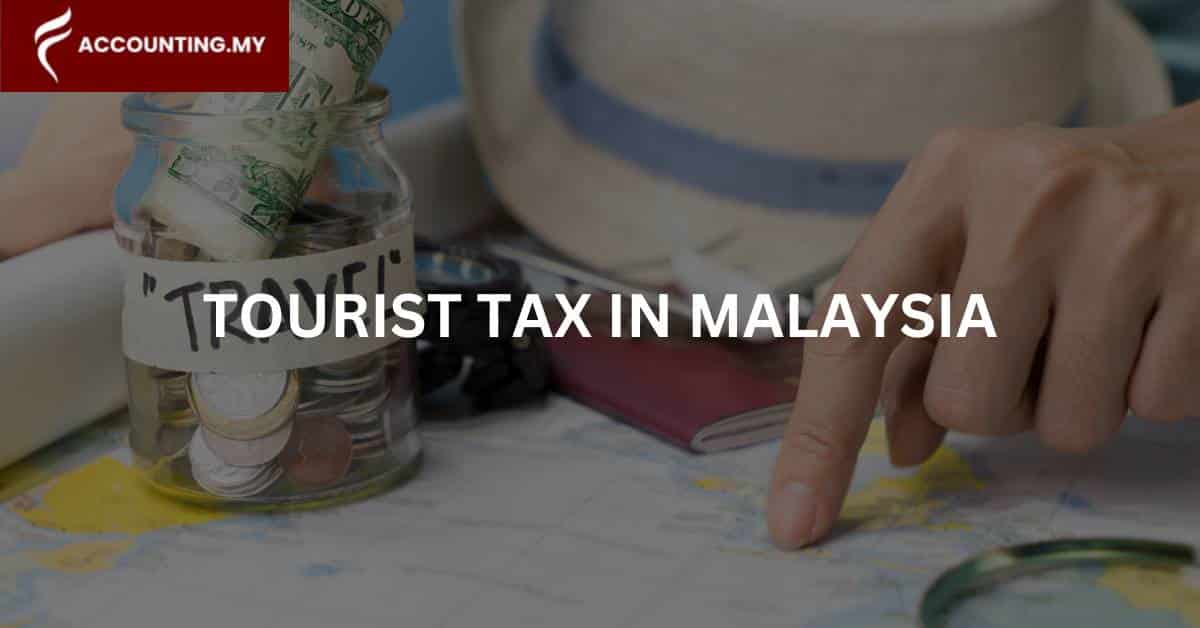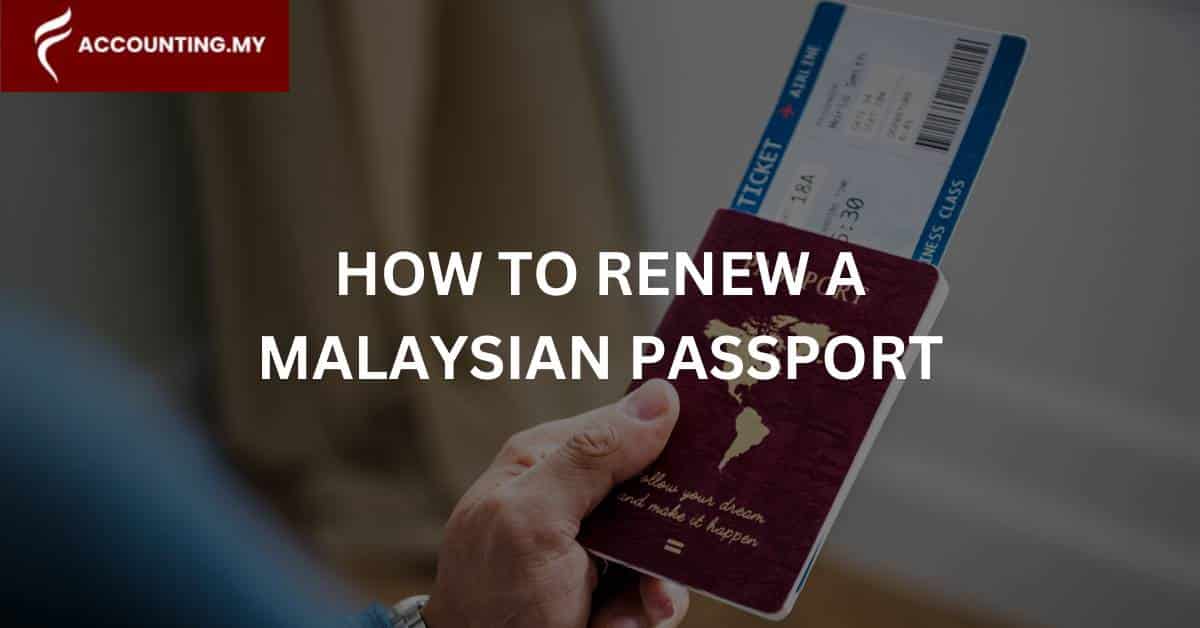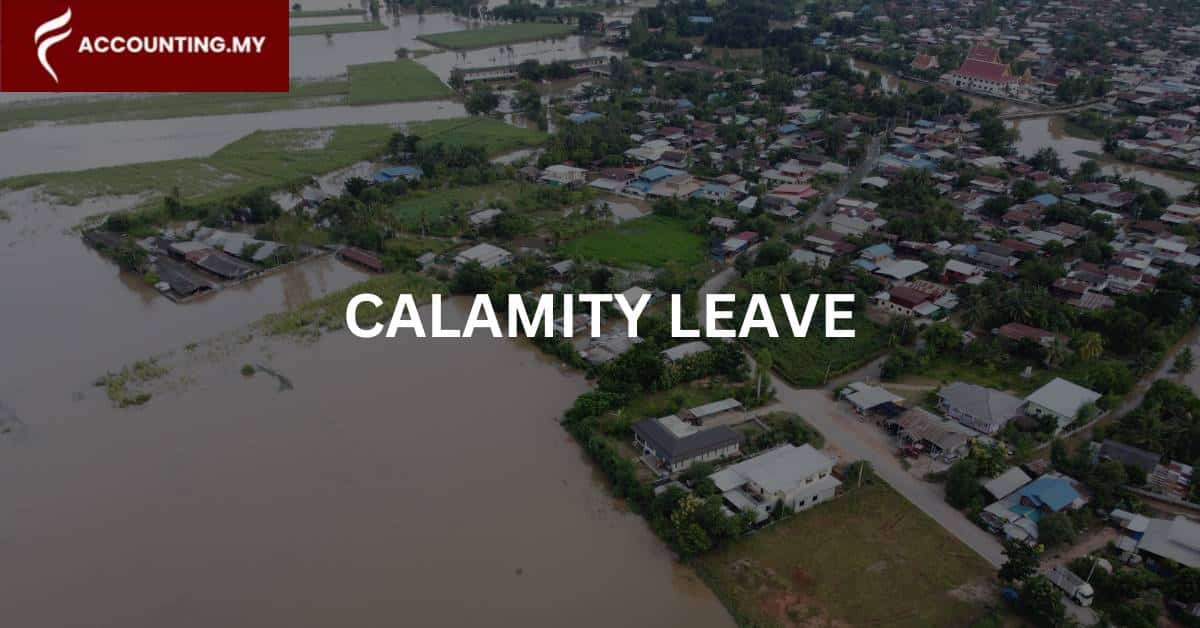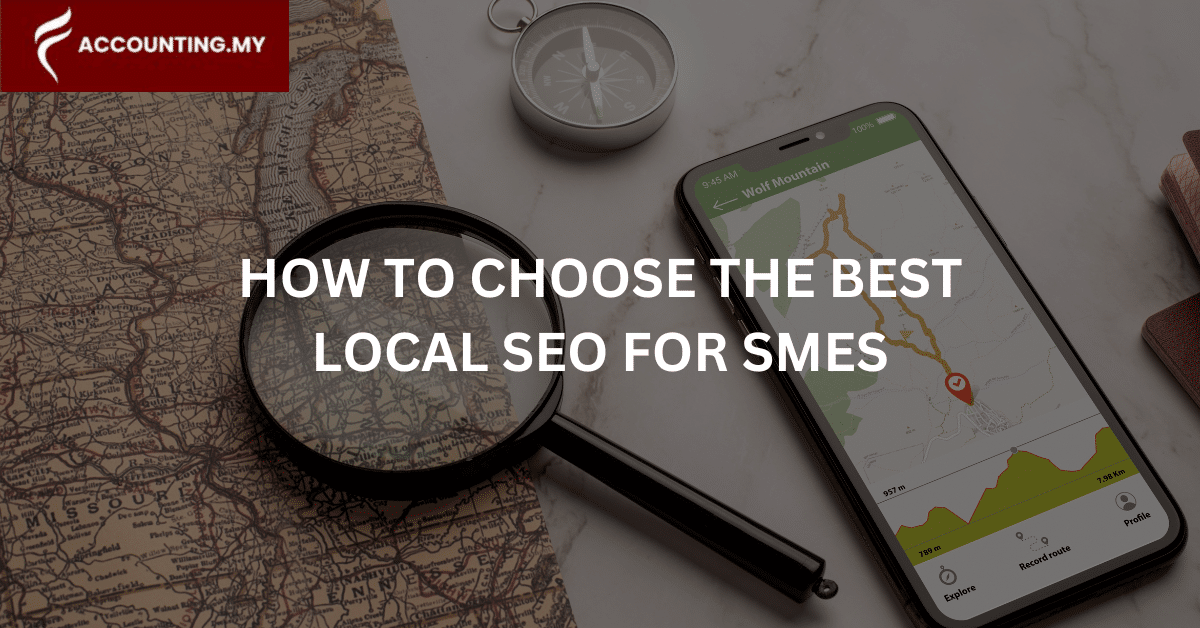Key Takeaways
- Malaysia’s Tourism Tax (TTx) is a RM10 flat rate per room, per night, charged to all foreign guests staying at registered accommodations.
- The tax is collected by the accommodation operator and paid to the Royal Malaysian Customs Department (RMCD).
- Malaysian citizens and permanent residents are exempt from the RM10 tax.
- Operators of hotels, homestays, and short-term rentals (like Airbnb) must register and remit the tax monthly.
- The funds support Malaysia’s tourism marketing, heritage preservation, and destination development.
Tourist tax in Malaysia, officially known as the Tourism Tax (TTx), is a RM10 per room per night charge applied to foreign guests staying at hotels, resorts, and registered accommodations. It is collected by the operator and remitted to the Royal Malaysian Customs Department (RMCD).
If you’ve ever spotted that small RM10 “tourism tax” line at the bottom of your hotel bill and wondered what it’s for, it’s not a typo.
That little charge fuels Malaysia’s scenic makeovers, festival campaigns, and those iconic Visit Malaysia ads that lure travellers back year after year.
Today, we will explain who pays the tourist tax in Malaysia, who is exempt, how hosts should register, and why proper compliance matters.
What Is the Tourist Tax in Malaysia?
Tourist tax (also called Tourism Tax or TTx) is a mandatory fee introduced under the Tourism Tax Act 2017.
It was implemented nationwide on 1 September 2017 to strengthen Malaysia’s tourism development fund.
In short:
- The current rate is RM10 per room per night.
- It applies to foreign guests only (non-citizens and non-permanent residents).
- It covers all types of registered accommodation, including hotels, resorts, serviced apartments, guesthouses, and homestays.
- It is collected by the accommodation operator and paid monthly to RMCD.
“Malaysia welcomed over 29 million international tourists before the pandemic and is targeting 30 million by 2025 – Tourism Malaysia Annual Report”
Who Needs to Pay the Tourist Tax?
The responsibility to pay depends on whether you are a traveller or a property operator.
For travellers:
- Must pay RM10 per room per night if they are:
- Foreign tourists staying in registered hotels, hostels, or short-term rentals.
- Non-citizens visiting for leisure, business, or short stays.
- Do not pay if they are:
- Malaysian citizens or permanent residents (MyPR holders).
- Diplomats stationed in Malaysia.
- Guests staying at unregistered or private accommodations (although hosts may still be required to register if running a business).
For accommodation providers:
- Must collect the RM10 per room per night from each foreign guest.
- Must register for Tourism Tax under RMCD within 30 days of operation.
- Must remit collected tax monthly through the MyTTx system on RMCD’s website.
- Failure to register or remit may result in fines up to RM30,000 or imprisonment under the Tourism Tax Act.
Penalties: Non-registration or late payment can result in fines up to RM30,000 or imprisonment under Section 19 of the Tourism Tax Act.
Where Does the RM10 Go?
Many travellers think of it as an “extra charge,” but that RM10 is actually reinvested into Malaysia’s tourism ecosystem.
TTx collections are federal revenue administered by the Ministry of Finance
Collected funds are used for:
- Tourism marketing campaigns (Visit Malaysia and domestic promotions).
- Infrastructure upgrades around heritage sites and attractions.
- Eco-tourism initiatives, national park maintenance, and island conservation.
- Tourism education, training, and sustainability programmes led by the Ministry of Tourism, Arts and Culture (MOTAC).
It’s essentially a reinvestment from tourists into making Malaysia a better place to visit.
Which Accommodations Are Affected?
The tourism tax applies to all registered accommodation premises under the Tourism Industry Act 1992.
These include:
- Hotels and resorts
- Motels and inns
- Serviced apartments
- Guesthouses, hostels, and lodges
- Homestays and short-term rentals (including Airbnb listings registered under MOTAC or local councils)
Some operators are exempt from registration/collection under the Exemption Order:
- Registered homestay
- Kampungstay
- Certain non-commercial government
- Religious Welfare premises
Important: Even if you host through platforms like Airbnb, once your property is registered with a local authority or tourism body, you are obligated to comply with the tourism tax requirements.
How Hosts Can Register and Pay the Tourist Tax
Here’s a quick breakdown for property owners, hoteliers, and hosts on how to handle compliance:
1. Register for Tourism Tax with RMCD
- Apply via the MyTTx portal.
- You must apply within 30 days of starting to operate the accommodation premises (Tourism Tax Act 2017, s.10(2)).
- You will receive an approval letter and registration number upon verification.
2. Display the Tax Notice Clearly
- Inform all guests of the RM10 per room per night rate at check-in or through your booking platform.
- This transparency prevents disputes and ensures accurate records.
3. Collect and Record the Tax
- Add the RM10 charge separately on receipts or invoices.
- Maintain a record of guests, check-in dates, and tax collected (digital records accepted).
4. File Monthly Returns and Remit Payment
- Submit Form TT-02 (Tourism Tax Return) by the end of the following month.
- The default taxable period is quarterly (every 3 months).
- Payment can be made online via FPX on the MyTTx portal.
- Keep copies of all submitted returns for at least seven years for audit purposes.
Source: Royal Malaysian Customs Department (RMCD) – Tourism Tax Guide 2024
Read more: Crypto, NFTs & Digital Asset Tax in Malaysia Fully Explained
Who Is Exempt from Tourist Tax?
Not everyone staying in Malaysia has to pay the RM10 fee. The following guests are exempt:
Category | Exemption Basis | Proof Required |
Malaysian citizens | Automatically exempt | MyKad |
Permanent residents (MyPR) | Automatically exempt | MyPR card |
Diplomatic officials | Reciprocal agreements | Diplomatic ID |
Students / workers > 90 days | Long-term stay | Visa / permit |
Medical tourists | Extended treatment stay | Hospital letter + visa |
Registered NGO or refugee guests | Humanitarian use | NGO or UNHCR letter |
Charity events | Non-commercial stay | MOTAC exemption letter |
Operators must still record these exemptions for reporting purposes.
How Is the Tourist Tax Different from Hotel Sales & Service Tax (SST)?
It’s easy to confuse both, but they’re not the same thing.
Feature | Tourism Tax (TTx) | Service Tax (SST) |
Rate | RM10 flat per room/night (foreign tourists) | 8% on accommodation services (from 1 Mar 2024) |
Who pays | Tourist (operator collects) | Guest (operator charges 8% on the taxable value) |
Invoice | Must show TTx as a separate line from room charges (s.14) | Shown as Service Tax |
So yes, you might see both on your hotel bill, RM10 for tourism tax and 8 % SST for services.
What Happens If Hosts Don’t Comply?
The Tourism Tax Act 2017 gives RMCD enforcement powers. Non-compliance may lead to:
- Fines up to RM30,000,
- Imprisonment up to 1 year, or both.
- Suspension or revocation of tourism licence by MOTAC.
Maintaining accurate guest and payment records protects your business during tax inspections.
Conclusion: Paying RM10 Helps Everyone Travel Better
Tourist tax may feel like a minor charge, but it plays a major role in maintaining Malaysia’s world-class destinations.
For property owners, understanding and complying with the Tourism Tax Act builds trust, prevents penalties, and strengthens professional credibility.
If managing your property tax obligations feels complicated, Accounting.my can help.
Our tax services cover registration, reporting, and compliance with LHDN and RMCD so you never miss a filing date.
We help hosts and property operators keep their business records clean and audit-ready while they focus on hospitality.
Disclaimer: This article is for general informational purposes and may not reflect the latest tax or regulatory updates, so readers should verify requirements with RMCD or a qualified advisor.
Source:
- Tourism Tax Act 2017 (Act 791)
- Tourism Tax (Exemption) Order 2017, P.U.(A) 240/2017
- RMCD – General Guide on Tourism Tax (17 May 2018)
- PwC Malaysia – Service Tax rate update
Airbnb Help Center — Malaysia occupancy/tourism tax collection: RM10 per listing per night. Malaysians/MyPR exempt. (Accessed Oct 2025)
Frequently Asked Questions About Tourist Tax In Malaysia
It’s a flat RM10 per room per night, charged only to foreign guests.
No. Malaysians and permanent residents are exempt from paying the RM10 tax.
Yes. If a booking is made through a registered Digital Platform Service Provider (DPSP) such as Airbnb, the DPSP must charge and account for the RM10 TTx on the booking, even where the operator would otherwise be exempt.
Through the MyTTx Portal by submitting monthly Form TT-02 returns and remitting payment to RMCD.
You may structure prices as you wish, but your invoice/receipt must show the TTx rate and amount as a separate line from accommodation charges (s.14(1)).
Late payment triggers administrative penalties (10% per 30-day period, up to three periods). Failure to furnish returns or pay can lead to fines of up to RM30,000 and/or 1 year imprisonment. (s.19(6)–(11)).















